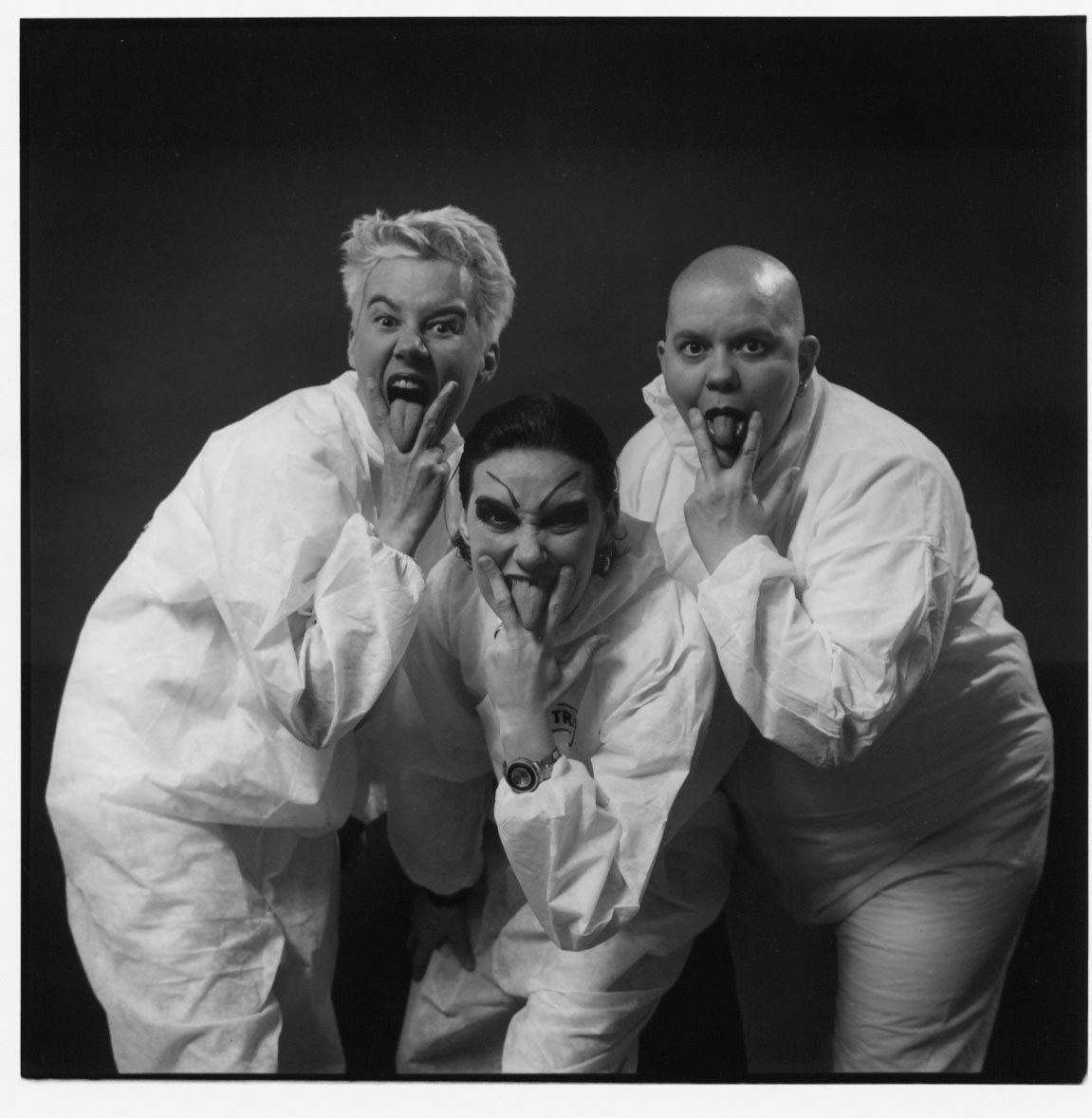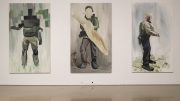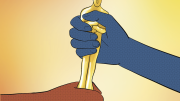Jill Bueddefeld is a graduate student in the faculty of kinesiology and recreation management. Her research focuses on free-choice learning centres like zoos or museums. In particular, she studies the lessons people learn about environmental sustainability and the ways they apply them after leaving these centres.
According to Bueddefeld, one of the pervasive problems with free-choice learning centres is that people leave them with heightened knowledge about and interest in sustainability issues, but they are often unsure how to meaningfully change their behaviour.
“They are saying to themselves, ‘I know this is a problem, I have good intentions, so what can I do to help make a difference?’”
Free-choice learning is the kind of learning that takes place informally in educational environments that people generally attend by choice. In Winnipeg, examples include the Assiniboine Park Zoo, Fort Whyte, and the Manitoba Museum. Bueddefeld’s research investigates the ways in which post-visit activities affect environmental learning and behaviour change in visitors of free-choice learning centres.
“Basically, I spent six weeks at the zoo,” she said.
Bueddefeld operated a table outside the International Polar Bear Conservation Centre (IPBCC) at the Assiniboine Park Zoo and approached zoo-goers as they left the centre asking them to participate in a post-visit questionnaire. The respondents were adults of all ages – many of them at the centre with children or grandchildren.
Bueddefeld then separated them into the “treatment” group, which received post-visit resources regularly for two months, and a control group. After the two-month period, she followed up with a second questionnaire. The post-visit resources took the form of weekly emails targeting specific behaviours—recycling, turning off lights, buying local, etc.—with links to more information, as well as printed fact sheets and a newsletter with updates about Hudson, one of the polar bears at the IPBCC.
“Some people might say that doing this kind of thing at the International Polar Bear Centre is preaching to the choir,” said Bueddefeld, “but there is some value in preaching to the choir. These are the people who are already interested in sustainability issues. They’ll be your early adopters.”
The statistical analysis has not yet been completed but Bueddefeld found that several participants had made major behavioural changes, such as installing solar panels, buying meat from a local farmer, or cross-country skiing with their kids to school in the winter.
“It’s so exciting when your research can be applied in the real world,” said Bueddefeld.
One of the tools Bueddefeld used in her study was the personal meaning map. This is an extremely flexible way for people to communicate their understanding of a topic. In the centre of the page there is a prompt word—in this case, “Climate Change and Sustainability”—and participants use the space around the prompt to write or draw what the prompt word means to them.
At first participants are unsupervised, but then a researcher asks them specific questions about parts of the map and has them write down more details in a different colour ink (to differentiate prompted from unprompted responses). Part of the value of personal meaning maps is that they can be analyzed both quantitatively and qualitatively depending on the design of the study.
Working with the staff at the IPBCC was a good experience, Bueddefeld said. They helped her design the study and provided volunteers to help conduct it. Unlike some other organizations she had approached, they seemed interested in making the research a success.
“It’s phenomenal how zoos have changed from just a place to view animals into a place for conservation.”
Bueddefeld is in the second year of her master’s degree, hoping to graduate in May and work toward a PhD thereafter.
On being a grad student, Bueddefeld said that finding the right advisor is key. Her advisor, Dr. Christine Van Winkle, provides “the right balance of guidance and freedom.” On the topic of her research, Bueddefeld said that she was grateful for all the participants in the study – their participation amounted to a huge number of volunteer hours.
“When I told my family about [my research], they said, ‘A survey at the zoo? I’d never do that.’ So I was incredibly surprised and encouraged by the response I got.”
This article was originally published in the Gradzette.




